Should basement walls be insulated? All newly constructed houses, existing and renovated houses in modern days are built with a basement. Basements play a vital role in a building, and it is inseparable with the foundation of a house. In other words, a house without a basement is just like “a train without an engine.” Normally, basements are created equal, but they all have their challenges, strengths, and weaknesses.
Basement wall is that part of the foundation that lies directly under the building. They are generally seen below the ground level of every house. The Basement wall is one of the most important things to consider during construction to avoid “had I known” when the hazards of humidity, temperature fluctuations, heat, and shortage of space creep in.
However, the question is, should basement walls be insulated?
Yes, basement walls should be insulated to block interior air from coming in contact with the basement surfaces, to help in the circulation and movement of heat at home, to make the house comfortable, to protect it from water flow, get soaked at the foundation layer, and to keep the occupants from temperature fluctuations. Allowing interior air into the basement surface during a cold period would constantly wet your basement walls rather than having them dry, which is best for every basement wall.
It is very important to note that basement walls are usually connected with the ground, which makes it cold at all times, especially the rim joint of the basement. Not only is the rim joint cold during summer, but they are also cold during winter, meaning that the basement walls would always be cold.
Therefore, the best way to enjoy your basement wall at home is to have it insulated with waterproof insulation that blocks interior air from coming in contact with the basement surfaces.
Table of Contents
Basement Wall: An Overview
Basement walls are that part of the foundation that lies directly under the building. They are generally seen below the ground level of a building. Basement walls act as a support system to the foundation of a house, it creates space for the house and protects the house from every pressure from sidewalls.
Basement walls take the responsibility of carrying the load that comes from the beams and columns of a building; it also contributes to harnessing the room temperature at all times.
Basement walls are made up of several components:
- The Steam: this is the vertical portion of the basement wall.
- The Heel: this is found at the backfill side of the basement wall.
- The Shear Key: this is found below the footing of the basement wall.
- The Toe: this is the part of the footing seen at the front of the wall.
The major purpose of a basement wall in a building is to make sure that the land is used judiciously. Every basement wall has surcharge loads above them; the loads can be concentrated or evenly distributed. Examples of such loads are equipment, garages, driveways, etc.
How you make your basement wall depends on what you want to use it for. Suppose you want it as a storage or workshop. In that case, you must ensure that the walls are well coated with paints that block moisture from coming in, you must be ready to handle water flow, and putting a dehumidifier would literally make the place more comfortable.
If it would serve as a living room, then much attention should be paid to the finishing. Insulating your basement walls with rigid spray foam other than batt insulation would keep the space mold-free.
Taking good care of the basement wall should be one of the most important things every house owner should do when it comes to house maintenance. Using good materials and professionals to work on your basement wall is the best way to go, and by so doing, there would be little or less issues coming from the basement.
Should I Insulate my Basement Walls?
Having an insulated basement wall is very important for a building, and it should be of topmost priority for people that live in a climate zone area. The major challenge with having an underground space at home is air leakage and dampness, but as long as the basement walls are insulated, they go a long way in supporting the underground space.
Many people tend to forget about the basement wall while building or renovating their homes, which can cause a lot of havoc for the building. Having a non-insulated basement wall can contribute to heat loss, and this means that you will spend more money to get your house heated up, whereas an insulated basement wall could have helped save much cost for you. It is known that heat circulation comes from higher temperatures to lower temperatures, and such heat is most effective and circulates faster if the basement walls are insulated.
In a nutshell, insulated basement walls help in the circulation and movement of heat at home, make the house comfortable, protect it from water flow, get soaked at the foundation layer, keep the occupants from temperature fluctuations, and many more.
Pros of Insulating Basement Walls
The following are advantages of insulating your basement walls:
Keeps the foundation warm and dry
Insulated basement walls ensure that the foundation of a house is warm and dry. As long as the foundation is warm and dry, there would be no issue with the house’s foundation, which helps to avoid unnecessary building collapse, which is dangerous to both human lives and property.
Prevents Condensation
An insulated basement wall helps protect the house from the collection of vapor or gas that turns into a liquid, which would later cause damage to the foundation, beams, and other concrete parts of the house.
Protects against moisture and provides Comfort
It helps in making the house comfortable, and in addition to this, it ensures that there would be no presence of liquid in any part of the house.
Controls room temperature
Insulated basement walls would keep you and your family protected from diverse weather conditions and fluctuations in temperature, especially for those living in an extreme environment. Been a source of heat, it keeps the house warm regularly.
Protects Water pipes from freezing
In addition to the numerous advantages of insulated basement walls, it also protects the water pipe from getting frizzed at a point in time and allows the easy flow of water in different parts of the house.
Cons of Insulating Basement Walls
Expensive
Getting basement walls insulated costs a lot of money as many materials must be purchased to ensure good quality and shape. If you don’t have enough money, getting a basement wall, well-insulated would be hard to achieve, which might be a burden if care is not taken.
Increased Risk of Termite Infestation
If you use foam insulation in your basement, there would be a large presence of termites due to the foam’s presence, which would become a danger to the people occupying the house. They might get infected with diseases.
Reduces Airflow
Insulated basement walls are sources of heat in a house, affecting the circulation of air if the basement were not properly insulated to accommodate proper and good airflow around the house.
Requires Mitigation System
Having an insulated basement wall at home would require you to get ready for some unexpected challenges due to the materials used. You must always make arrangements for safety tools in the house in case of any ugly occurrence.
Basement Wall Insulation Details
In most cases, you will notice that some building have their basement walls under-insulated or not insulated at all. If this is the case, there would be regular moisture trapping within the building’s wall panels.
Having a well-insulated basement wall would go a long way to ensure that there would be no infiltration of moisture around the wall panels. It would also give way for the original moisture in a building to easily go out without causing any unwanted damage in the house. So, it’s best to choose the best type of insulation that can work best for your basement walls and insulate with it.
The following details should be paid attention to when insulating your basement wall:
- Ensure that you have your fiber cement and parging above grade
- Get a damp proofing spray for the concrete wall
- Get a drainage mat in place
- Get a latex paint as this would help the presence of vapor in the house
- Get wool boards or EPS for your concrete wall
Conclusion
Having an insulated basement wall is a good idea for a house because the advantages are enormous. It would strengthen the house and act as a barrier to unwanted ugly occurrences that may affect the house’s foundation. It goes a long way in making the house comfortable and safe for the occupants, preventing them from being victims of extreme weather hazards, building collapse, infections, and other havocs that may occur because the basement walls are not insulated.

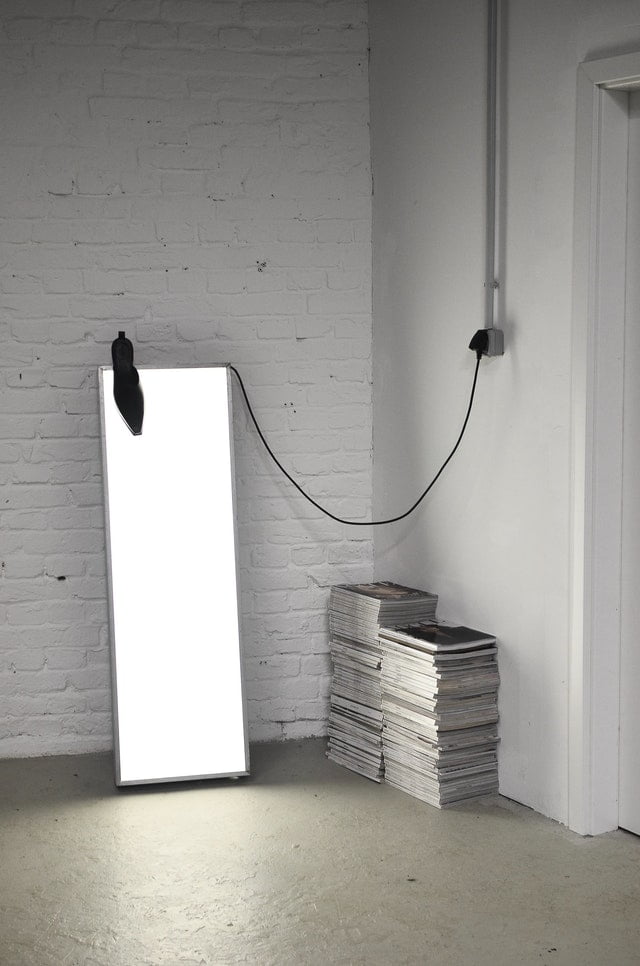
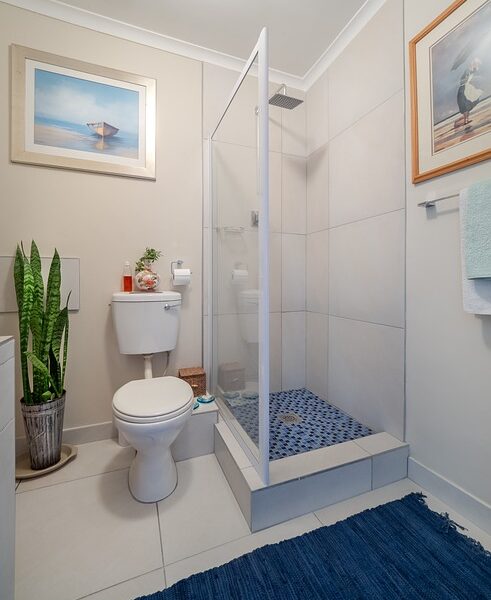

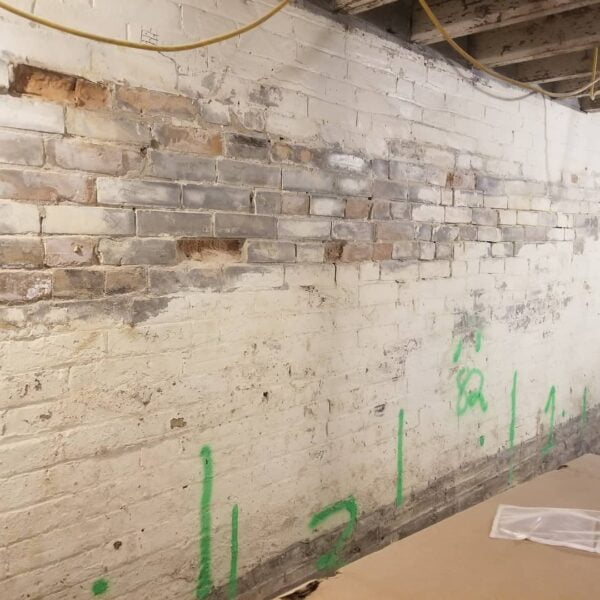
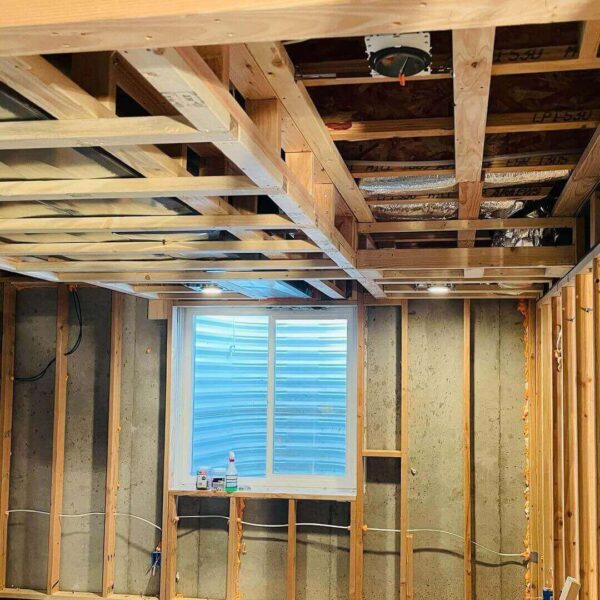
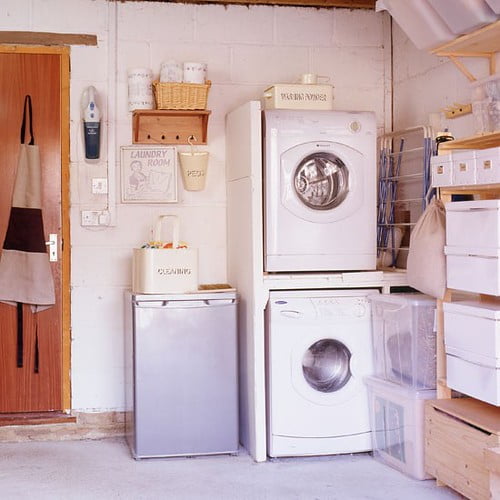
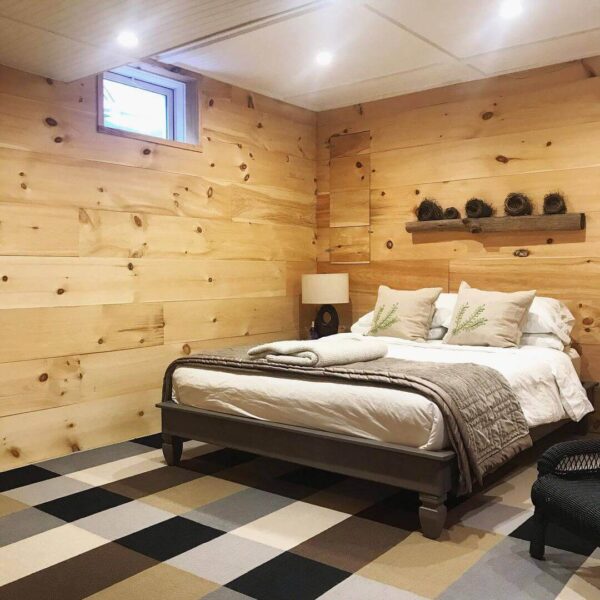
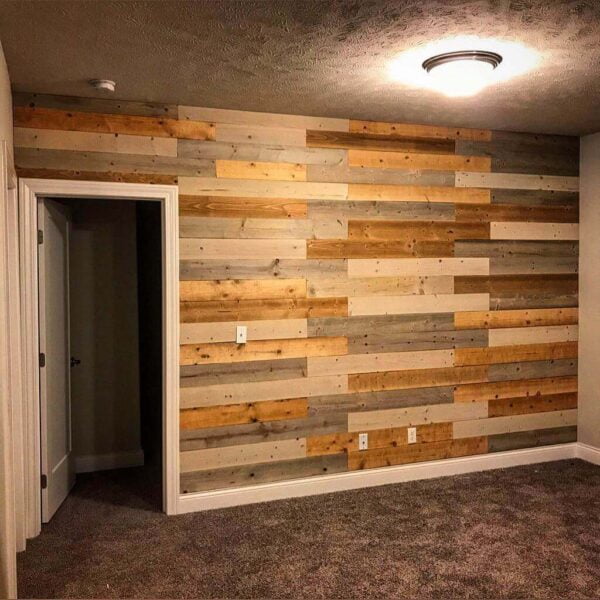
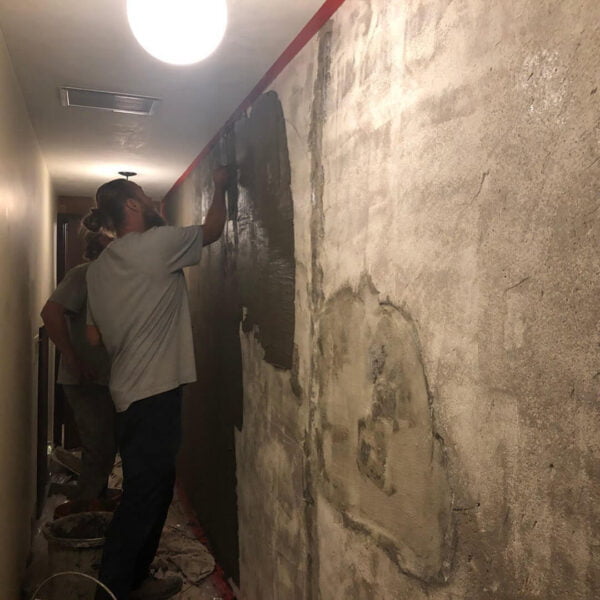
Leave a Comment